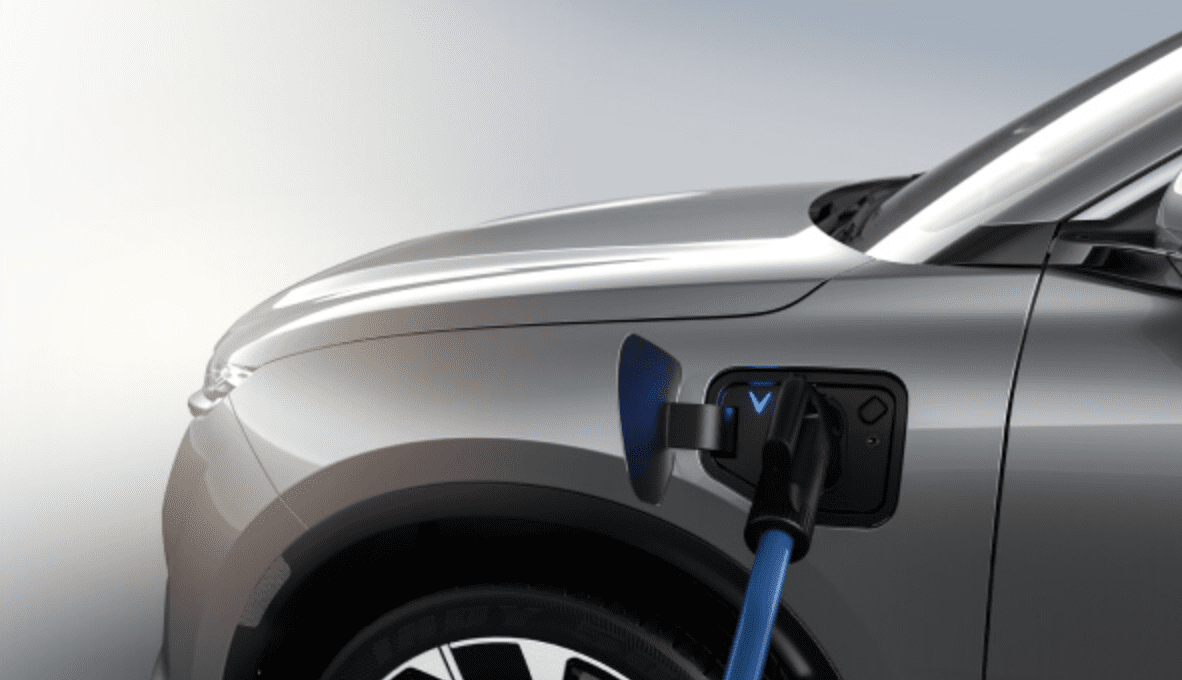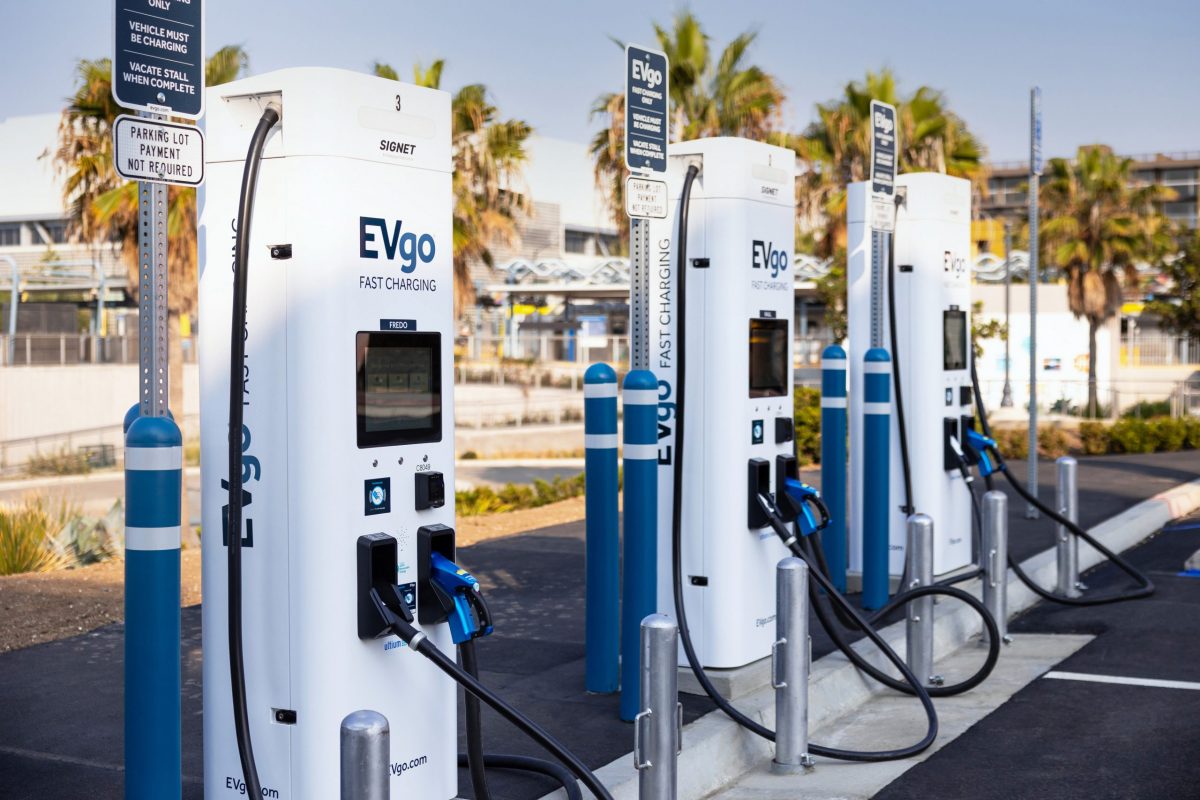OEMs are increasingly looking outside the engine to improve vehicle efficiency, and Volvo Trucks’ North American arm is no exception
Meeting the 2014 US fuel efficiency and greenhouse gas emissions targets is clearly a challenge for all commercial vehicle manufacturers, but Volvo Trucks North America (VTNA) has a plan: all of the OEM’s MY2014 engines will offer fuel efficiency improvements as a result of optimised and enhanced engine componentry. But they will not be stopping there: according to Ed Saxman, Alternative Fuels Product Manager, Volvo Trucks North America, an engine can only operate efficiently if all other constituent parts of a truck – such as the aerodynamics of the cab and trailer – work efficiently too, and by factoring in these optimisations, Volvo Trucks North America can be ahead of the game when it comes to US regulations.
“Volvo Trucks is proud to say that in meeting 2014 regulations, there is no need for our products to incorporate a mandatory idle shutdown or the mandatory road speed limiter,” declared Saxman, “due to the inclusion of all these other parameters in development of our engine technology.”
Although still somewhat controversial, Volvo Trucks regards alternative efficiency solutions such as lower viscosity and synthetic lubricants an important factor to the maintenance of their vehicles. VTNA works with major lubricant providers on an ongoing basis to develop new and innovative solutions for fuel efficiency, without sacrificing durability or reliability targets. “We believe that these materials help trucks to use less fuel and energy, while enhancing durability and prolonging engine life,” Saxman commented.
One size: not for all
It may be too early to predict the penetration levels of unconventional powertrains at Volvo Trucks in forthcoming years, but Saxman is sure that truck buyers and fleet operators are going to be interested in natural gas, hybridisation, or other alternative technologies, saying that, “Initial interest has been very strong and will continue so long as there remains a strong price difference between diesel fuel and its alternatives.”
However, Saxman emphasised that alternative fuels are by no means “one size fits all”, and that VTNA is focused on offering a range of solutions that take into account the wide variety of trucking operations in North America. “Alternatively-fuelled vehicles offer a strong opportunity for some motor carriers, but we believe diesel will remain the most prominent commercial motor fuel for the foreseeable future.”
Alternative powertrains are not only beneficial to the OEM: customers purchasing a Volvo truck equipped with a 2014 Volvo D11, D13 or D16 engine will see an increase in fuel efficiency ranging from 2-5%. Saxman said, “This will offer a significant return on investment for fleets and owner-operators choosing Volvo.”
The 2014 Volvo trucks are just the most recent powertrain improvements that have resulted in fuel efficiency benefits for customers. The introduction of advanced aerodynamic components – including redesigned mirror heads with aerodynamic shrouds and arms, redesigned hood mirrors that increase visibility, and additional ground effect features below the bumper and side fairings – have already improved the efficient design of Volvo VN model highway trucks.
In the long term, VTNA will remain focused on providing solutions to address a wide range of customer needs, adapting to growing demand by building natural gas-powered versions of its VNM and VNL models. The OEM also plans to introduce a proprietary Volvo D13-LNG compression ignition engine for use with LNG, along with other potential renewable fuels and inexpensive diesel alternatives. “We announced in June 2013 that we plan to commercialise trucks powered by dimethyl-ether,” Saxman added.
In October this year, Gӧran Nyberg, President of Volvo Trucks North American Sales & Marketing, welcomed the move towards fuel sustainable fuels, saying that the OEM, “is committed to designing and engineering fuel-efficient technology that offers our customers solutions to reduce their fuel consumption and positively affect their bottom lines. Volvo Trucks is equipped with 2014 engine technology and will deliver substantial fuel efficiency benefits, while also providing the power and performance customers expect from a Volvo powertrain.”
Rachel Boagey




